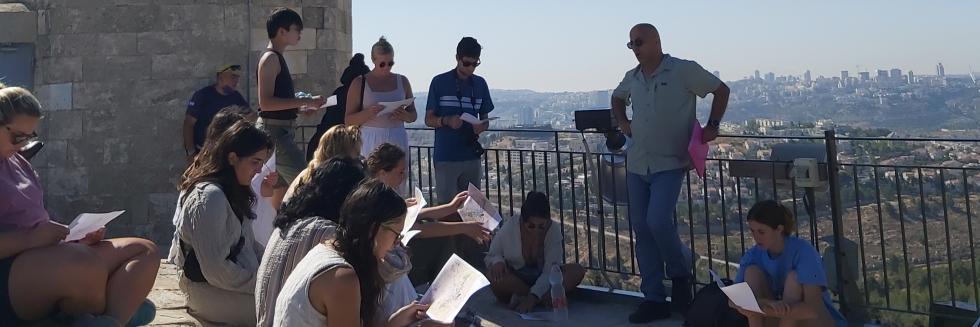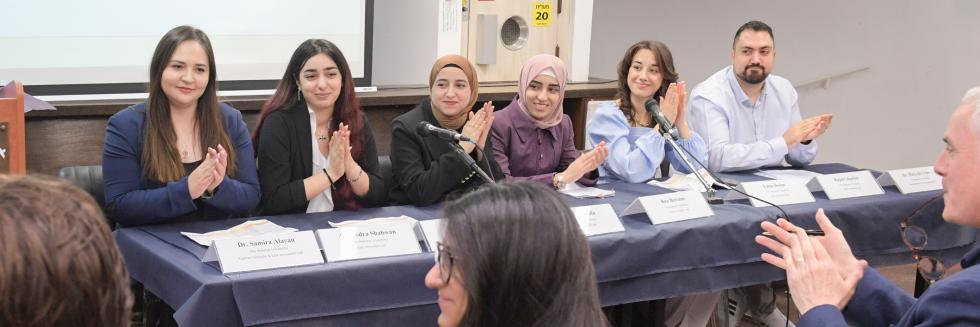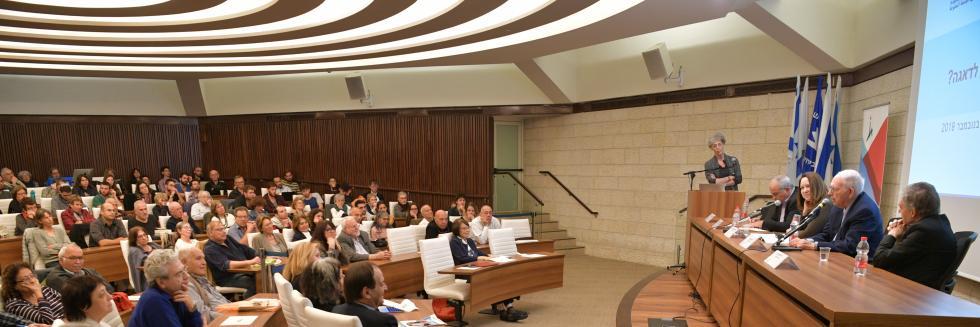Group Members: Dr. Eitan Barak, Rolf Schwartz
NATO has been conceptually defined in the international regime literature as a robust security regime already in the 1980s while some scholars arguing that it has further evolved into some sort of a Security Community. Whether the first (robust security regime) or the latter (security community) term adequately defined NATO's current status, it is clear that its members (at least the core founding states) share values and adhere to a set of implicit or explicit principles, norms, and rules (issued mainly by NATO's permanent institutions). However, it is argued that through its 1994 Mediterranean Dialogue – to be reinforced since 2004 by the Istanbul Cooperation Initiative - NATO is in fact attempting to "export” its values and principles and build some sort of regional security regimes in both the Mediterranean (the Middle East and North Africa) and the Gulf region from which we focus our attention at this stage on the first region. These processes of export (values, principles, etc') and build up (regional security regime) and mainly the factors which responsible for either stimulating or hindering them, are the main issues which this proposed research seeks to explore.





